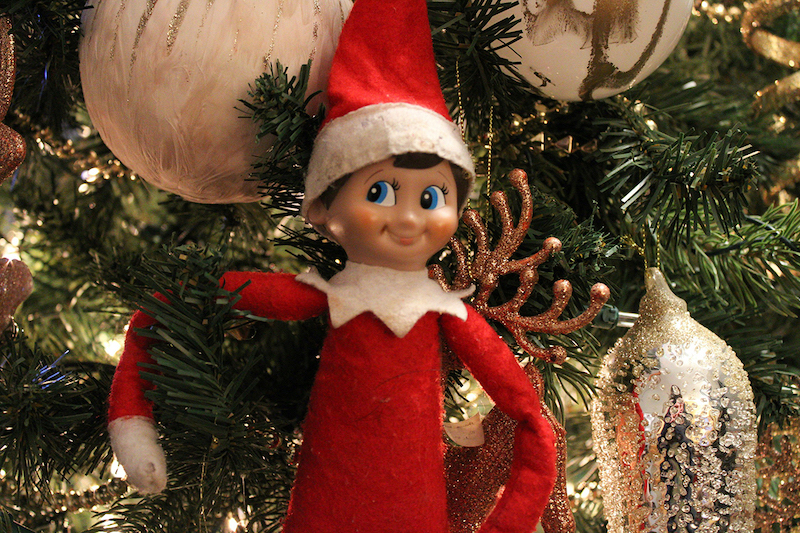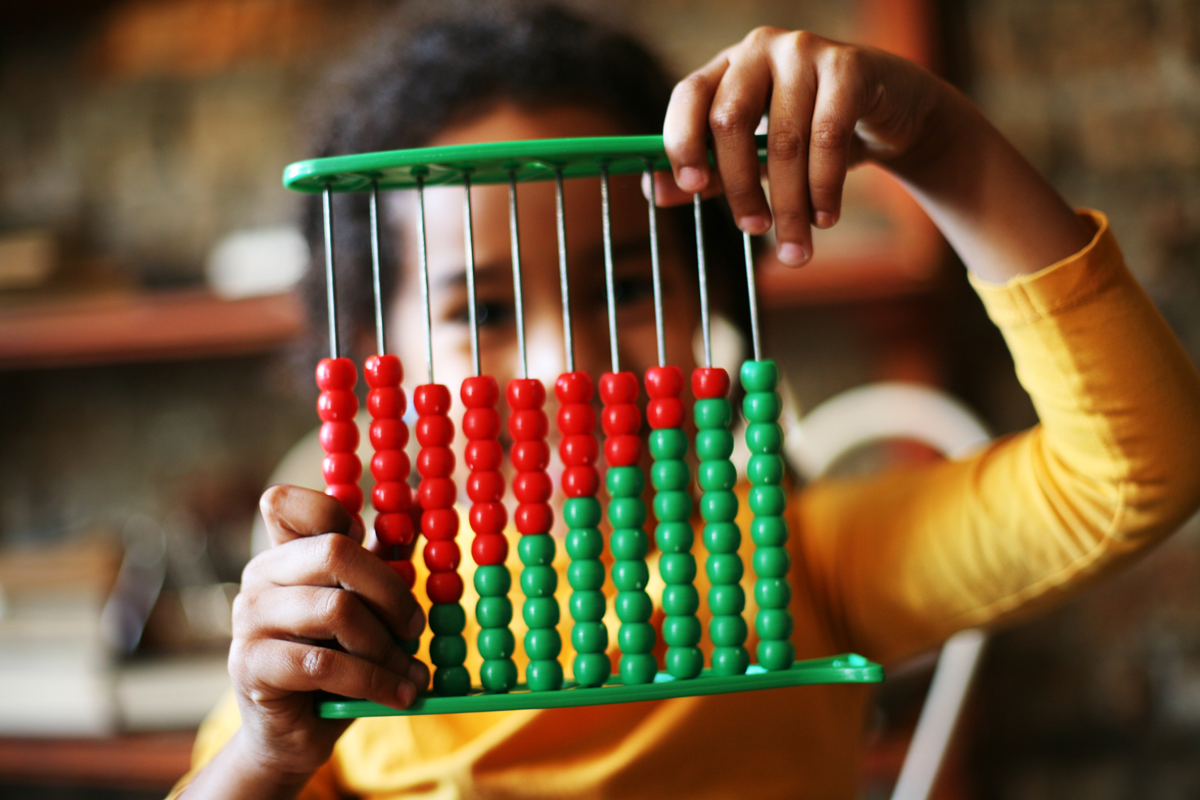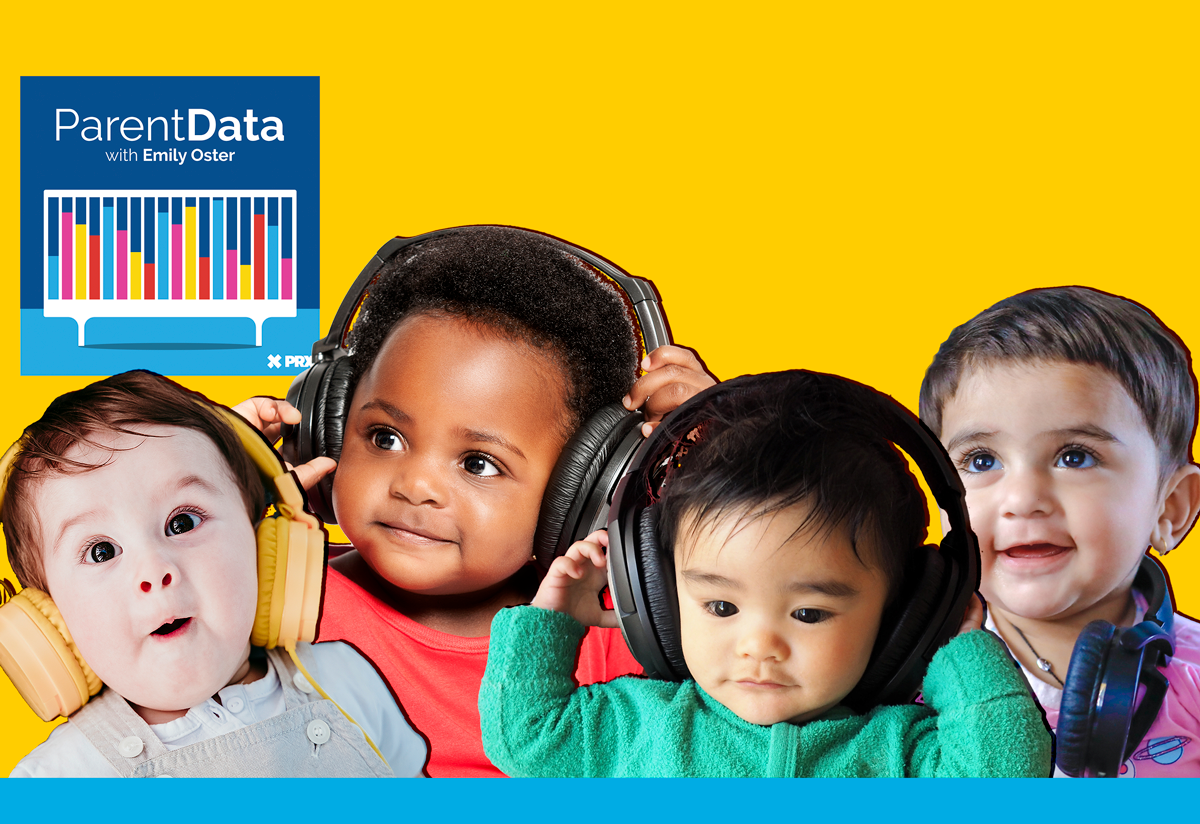We are approaching Christmas — cookies, Santa, presents, whining, and, of course, the Elf-on-the-Shelf debate. In case you are not familiar, Elf on the Shelf is a tradition dating all the way back to 2005, when a self-published book introduced the world to the idea that Santa would send out his elves to check up on kids and report back on their behavior. The book spawned an industry of Elf toys. The idea is that parents move the Elf around every day to different parts of the house so kids know they are being checked up on.
In recent years, this has become a huge thing on social media — with parents engaging in ever more elaborate Elf-related activities. This can make it feel like just one more thing that you have to do to be a good parent. Let’s dispense with that now. Just as you do not need to make your child a bento box lunch with rice shaped like a bunny every day, you absolutely do not have to do anything with this Elf. The holidays are enough without Elf pressure, so if this stresses you out, do not do it.
On the flip side, some people think Elf on the Shelf is a great, funny Christmas tradition. It’s a daily scavenger hunt for children to find it or a way to see if you can scare Dad by hiding a creepy elf in his secret cookie stash. If this is fun, that’s great! Carry on!
Finally, we come to a third use case for the Elf: to motivate better behavior during a time when, let’s face it, our kids aren’t always at their best. And this use case is where people sometimes raise concerns: Does this work? Are there downsides? What does the Elf data say, if anything, about whether you should skip it this year?

Concern #1: The surveillance state
There is a small academic literature that argues that the use of the Elf will get kids comfortable with being monitored by a surveillance state. In the words of one paper: “EotS can also be viewed as a more sinister societal surveillance tool, normalizing the panopticon and making parents complicit with the concept of omnipresent spying.” This concern particularly arises when the Elf is used in schools, as it sometimes is. Big Elf Brother is watching, and it’s just a short hop to 1984.
The data
I am not aware of any direct data suggesting that the use of the Elf makes children more comfortable with surveillance. This is, therefore, not a reason to avoid the Elf.
Concern #2: Elf shame
Fundamentally, part of the power of the Elf is shame. The Elf sees when you are nice and when you’re naughty. The idea that bad behavior is something that should shame you — should get you on the “bad” list with Santa — is not one that most child psychologists endorse. “Gentle parenting” emphasizes that kids want to do well and that we’ve got to help them get there. We do that by giving them tools for how to deal with stressful situations and not by making them feel like bad people.
I think it is worth saying that virtually none of the evidence-based discipline programs use shame. Programs like 1-2-3 Magic, which incorporate time-outs, also discuss not using shame. A time-out is a consequence, but after the time-out, you move on. You do not continue to discuss the behavior; it’s just over. Elf shame doesn’t end, which is a problem.
The data
There is no direct data on Elf shame, but I will note that there is good randomized evidence to support the discipline approaches, like 1-2-3 Magic, that do not incorporate shame.
Concern #3: Extrinsic versus intrinsic motivation
Elf on the Shelf is effectively a reward-based system, designed to alter behavior using extrinsic rather than intrinsic motivation.
Extrinsic motivation is motivation driven by some external reward. When I run a race motivated by the trophy for winning, that’s extrinsic motivation. Similarly, if a child behaves well because of the promise of a present (or to avoid the threat of a lump of coal), that’s extrinsic motivation. In contrast, if I run the race because I’m motivated to enjoy the activity and push myself physically, that’s intrinsic motivation. If a child behaves well because they believe that’s the best way to engage with the world, that reflects intrinsic motivation.
There is an enormous literature on extrinsic versus intrinsic motivation, but there is a sense that intrinsic motivation is “better.” We’d rather our children want to behave well because they feel that is the right thing to do than that they do so because they will be rewarded for doing so (or punished for not doing so). Intrinsic motivation has the benefit of carrying over when external rewards are removed.
The Elf-specific concern is that it may teach a child that the only reason to, say, not hit their sister is so they get a good present (or avoid a bad one).
The data
The data here is a bit more mixed. Literature on school performance suggests that intrinsic motivation is more strongly associated with better school performance than extrinsic motivation is. At the same time, extrinsic motivation is widely used in schools and other settings, and there are situations in which it seems like a way to motivate a specific behavior or develop a new habit. Many people use rewards to potty train their children, for example, and once the habit is formed, kids do not need stickers every time they pee.
The question of whether in-classroom reward systems are appropriate is a complicated one that I will leave for another time. From an Elf perspective, I will just note that it isn’t based on the “better” type of motivation.
The real reason why Elf on the Shelf doesn’t work
All of the arguments above are reasons why the Elf might be in some way harmful. A reasonable person — by which I mean a desperate pre-holiday parent — might be tempted to do it anyway if it works. And you might be tempted to think it will – after all, people have been telling their children that Santa “sees you when you’re sleeping” since the dawn of time. Surely that’s because it works, right?
Well, probably no. Elf on the Shelf isn’t likely to work, not in the broad sense of improving your child’s overall behavior. The answer to why not lies in economic theory — in particular, in the very beautiful paper “Multitask Principal-Agent Analyses” (Bengt Holmström and Paul Milgrom, 1991). Wait! Don’t leave! Let me explain!
In this paper, the authors are interested in the best way to construct employment contracts and, more specifically, whether such contracts should reward performance directly. The simplest kind of job economists think about is one person making widgets (our generic name for a product; don’t ask). If your job is simply to make widgets, then the best way to pay them is to pay per successful widget. It aligns the incentives: the boss wants a widget, they pay for each widget, and the worker is incentivized to make the widgets. This simple setup is effectively a pay-for-performance reward scheme.
This paper asks how to think about paying workers when what you want them to do is more complicated. The authors’ example is teachers. Teachers do not do just one thing — they don’t make widgets — and you cannot measure the true output you’d like to get (say, successful and happy students). What you can do is pay them for individual components of their performance, like their students’ test scores. The problem, though, is that if you pay teachers based on how their students do in math, they may spend all their time teaching (or drilling) math. They will invest less in other parts of their job, and you may actually get less of what you really want.
The paper argues that in this type of setting, it may make sense to simply pay a fixed wage, not linked to performance, since this is better than poorly designed incentives that distort effort. More generally, this work, and follow-on work, has made clear that the design of incentives in many settings is very important and, almost always, when you incentivize one thing, you get less of another. There is lots and lots of evidence that supports these ideas in the real world.
In the end, “Multitask Principal-Agent Analyses” has direct implications for Elf on the Shelf. The core idea is that giving incentives for one thing — say, good behavior in the month leading up to Christmas or, even more narrowly, good behavior in the room with the Elf — is a bad idea if you can’t also measure behavior at all the other times or in all the other rooms. Your child may be spending an inordinate amount of energy on good behavior in these isolated moments, leaving less emotional energy for behavior at other times.
The bottom line
- Concerns about Elf on the Shelf include extrinsic motivation, issues of shame and of negative parenting, and worry about the surveillance state.
- Even if you completely put aside these concerns, the basic economic theory of multitasking says that Elf on the Shelf probably isn’t going to work.





















Log in
If you’re not doing EotS, this might be a great opportunity to teach your children that different beliefs and traditions are valuable even if it’s not their own. You can even let them know that their friends may be really invested in the EotS and even though we know it’s not real, we’re going to respect our friend traditions and beliefs and not tell them they’re wrong. Before my girls were old enough for that though (mind you, they were old enough fairly young, maybe 7 or 8) I just said that our elf was just a decoration, it wasn’t like the ones their friends had. It was given as a gift when my first was a baby. I read the book and immediately gave it away because I just thought it was too creepy. I kept the elf though, it’s cute! I didn’t know as a new mom that there was a whole thing until much later.
We too were swayed by the mystical marketing promises and ended up getting one when our daughter was 2. We moved it every day but never really focused on why she was there. Now my daughter is just so excited every morning during the holiday to go and find Poppy (our elf) and see what she’s up to. We’ve ditched the whole shame factor and now she just exists as a fun holiday tradition.
What does the research say about the effects of lying to children? It seems we spend all year encouraging truth telling but in December that all goes out the window for parents creating “Christmas magic”.
We have two grey-bearded stuffed gnomes on our mantle as part of our Christmas decorations. If my son ever asks why we don’t have an elf, I plan to tell him that we kindly took in the retired elves who are too old and tired to get up to all those shenanigans.
The whole EonS thing is bizarre to me. No parent needs another thing to do during the holiday season, like moving a toy around the house every single night and making up a narrative about it. I dread the day my kids tell me they are the only ones at school without an elf, as I know this often happens, because it is simply not a holiday tradition I want, even before I thought about it contributing to a comfortability with a surveillance state. What a sad state of affairs that parents are now being pressured into putting more stress on themselves during this time of year because a company devised a particularly effective marketing strategy for their toy. Thank you Emily for giving me a list of reasons to continue to resist this insane holiday “tradition”.
I similarly do not like the idea of my son’s behavior being monitored but I do like the idea of an extra layer of Christmas magic. My son is 3 so next year, I am going to get the Elf but he will not be here to surveil us. He will be our Holiday Helper Elf. He will come bearing a letter from Santa explaining that Elves are delegated to different families for different reasons based on that family’s need and Santa saw that we need a little extra help this season. Each night when we’re asleep, our Elf will do something helpful and productive around the house and may sometimes ask my son to find something he can help with during the day too. I also don’t like this mischievous Elf that parents are doing where the Elf does mean, naughty things at night. The Elf was never meant for that. He was meant to encourage good behavior which he can’t do by pulling mean pranks on the family.
I have had all these thoughts about EonS but, the one that gets me the most is that not all families will buy or can buy this $50 CAD product. Society have made this such a household item now that kids are talking about their Elf’s at school, while other kids feel they are “bad” because Santa never sent them an Elf. My daughter said those exact words to me when all her friends had their Elfs show up and she didn’t. I didn’t want to participate in the Elf because I didn’t like the idea of her being “good” for the elf and for presents (and I didn’t like that other kids would feel left out). But now without an Elf your child thinks they are “bad” anyway. So, I ended up caving and buying this (not sure if that was the right decision but, I hated my daughter thinking Santa thought she was “bad” because she didn’t get an Elf) but, as someone who absolutely loves Christmas and all the amazing family traditions that come with it, I just don’t love this one but reluctantly I am not part of it now.
It brings lots of joy to my kids which is great, but I really don’t emphasize the idea of being “good” for the Elf.
How frustrating! You can tell her that Santa sends elves based on that family’s specific need. Some kids need a more watchful eye so Santa sends elves to those homes while kids who are doing pretty well on their own don’t need an elf. Or your Elf can do something different than watch her behavior….he/she can be a baker elf whose job is to bake for the holidays. Or a tree guard. He guards the tree at night. Don’t let the manufacturer dictate to you what kind of Emerald Santa sends you. Santa can send whatever elf he finds your family needs.
Correcting spelling….Emerald should have said Elf. Don’t know why auto correct thought that’s what I wanted